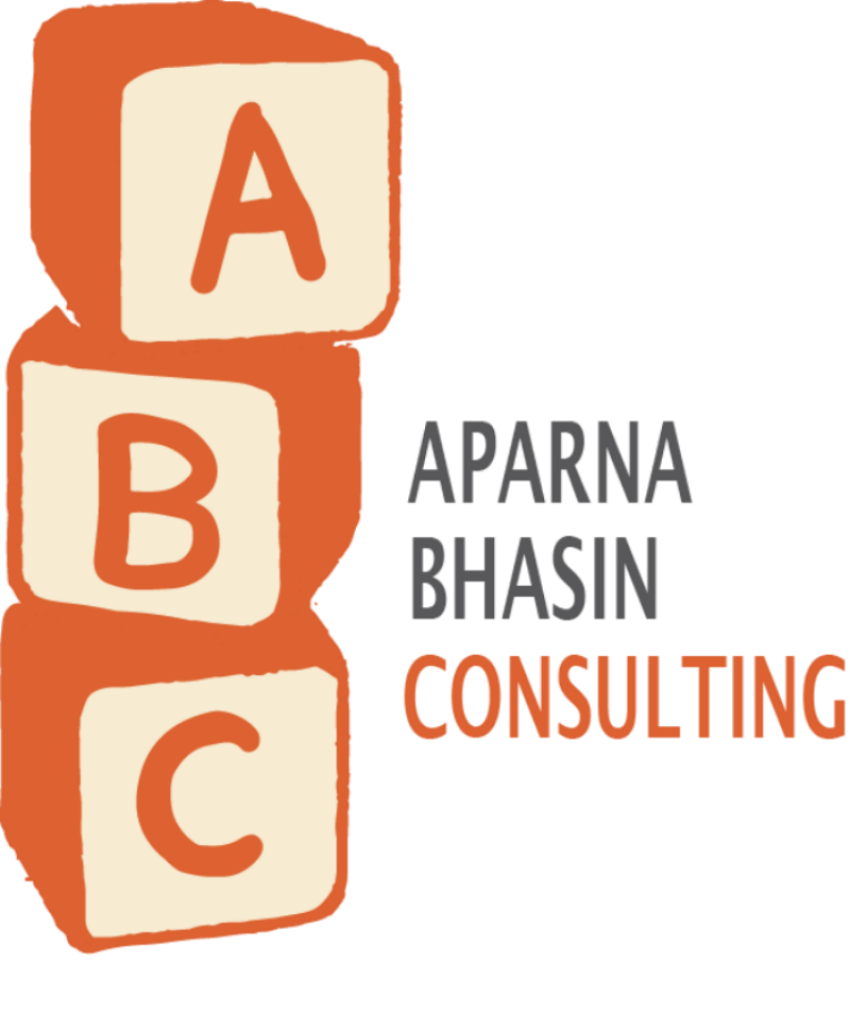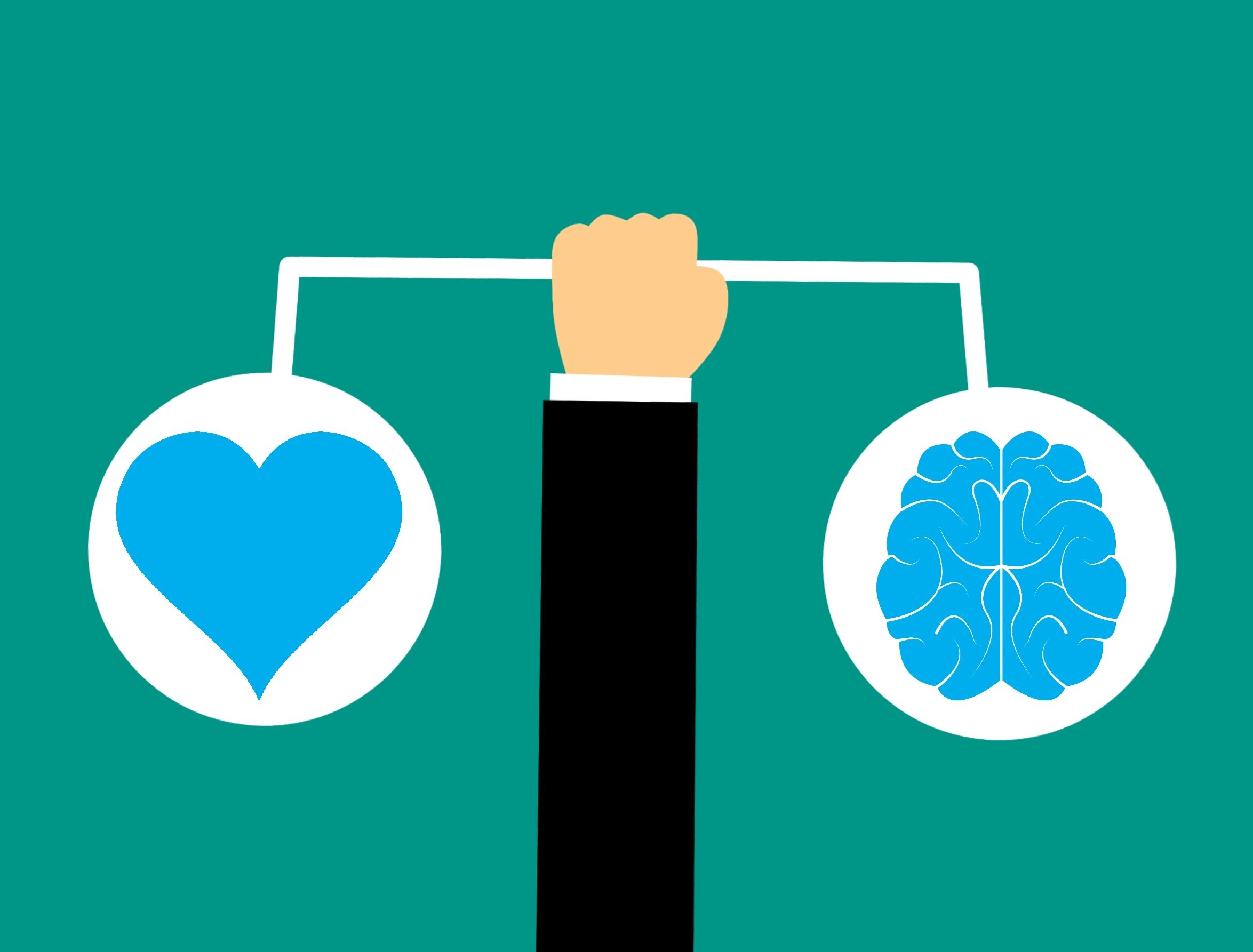Experiences in Empathy
- Vikram Singh
Vikram is Head of Operations at Aparna Bhasin Consulting and also consults on projects across all of our service areas.
The concept of Empathy has gained immense popularity in recent times – going far beyond being a personality trait, it is now considered an important 21st Century skill. A simple search online will throw up a number of articles about how empathy makes for not just better friendships and relationships, but also better managers, and more productive work spaces.
Since there is so much out there already on what empathy is, why it’s important, and how you can develop it, I wanted to instead share how – perhaps counter-intuitively - my professional experiences helped me to become more empathetic.
Looking back at my early 20s, I don’t think empathy was a strength area for me – either personally or professionally. A big reason for this was - I very often wanted to be right in a given situation.
I would like to think that has there’s been positive change since then.
The foundations were perhaps unconscious. Soon after college I began working with a large education NGO where I had the opportunity to break out of my urban, Anglophonic bubble. I travelled extensively to various program locations across the country, spent time with people from backgrounds different from my own, and swapped stories and shared experiences with them. I was not actively thinking about developing empathy at the time but, looking back, this was a formative experience. It reminds me of Mark Twain’s famous quote – “Travel is fatal to prejudice, bigotry, and narrow-mindedness…”
Another important component was learning to be a better listener, and this is deeply rooted in the qualitative research I have done over the years. Active listening is an important component of conducting interviews and focus groups; you really have to pay attention to words and body language, understand and process what’s being said there and then, determine relevance, and ask follow up questions to learn more. When you’re done, you have to look at it all again and see how it fits into the larger context. Interestingly this process of active listening and purposeful reflection also made its way to team meetings and dinners with friends.
At ABC, we’re fans of Human-Centered Design (HCD) and incorporate it into our work. As the name implies – it’s a problem solving method which aims to keep the perspective of the people you’re designing for at the core. In some ways, the entire HCD process is empathetic. However, for me the big learning in the area of empathy was from Immersion. Immersion is a method to conduct research-for-design which involves experiential learning. You participate in the communities, lives, or relevant processes of the people you’re designing for. In hindsight this seems like a pretty obvious thing one should do – but it’s very often overlooked. It showed me how much of a difference there is between theorising about someone else’s lived experiences and experiencing it for one’s self, and how disconnected the two can be at times.
While everything I’ve mentioned so far was relevant, it was unintentional. An important piece to tie it all together was the more focused consideration of empathy that occurred at ABC. Social and emotional learning (SEL) is a large part of our work. So to be able to, for example, design programs or assessments dealing with empathy, I had to learn more about it. As I learned more about empathy I recognised it as an important and valuable skill – academically, at first. However, as you learn about what constitutes empathy and empathetic behaviour (or any “soft-skill” for that matter), you also start to think about whether you practice it, and notice when you don’t. This in turn triggers a chain of reflection on your own actions and reactions, as well as that of others you interact with.
In general there are two components to empathy. Affective empathy is the ability to understand how a person is feeling in a given situation and provide a suitable emotional response. This component is a part of normal social development for most people. The second is cognitive empathy, which refers to the ability to recognise and understand the mental state of others. For the latter - reflection is vital, and not just of the other person’s words and actions, but also one’s own perspectives, prejudices, and assumptions.
There have undoubtedly been other elements which have fed into the growth of empathy - positive interactions with the people around me, sage words of advice, life experiences. But I’m glad to have had these professional experiences which pushed me to think about empathy. For one, they showed me that empathy is a skill that can be developed, but they also helped to think about the little ways in which that development can happen.
I’m by no measure an expert on the topic, and I definitely don’t get it right all the time. But I would like to think that I now give far more importance to the pursuit of understanding situations and people than to just wanting to be right.

